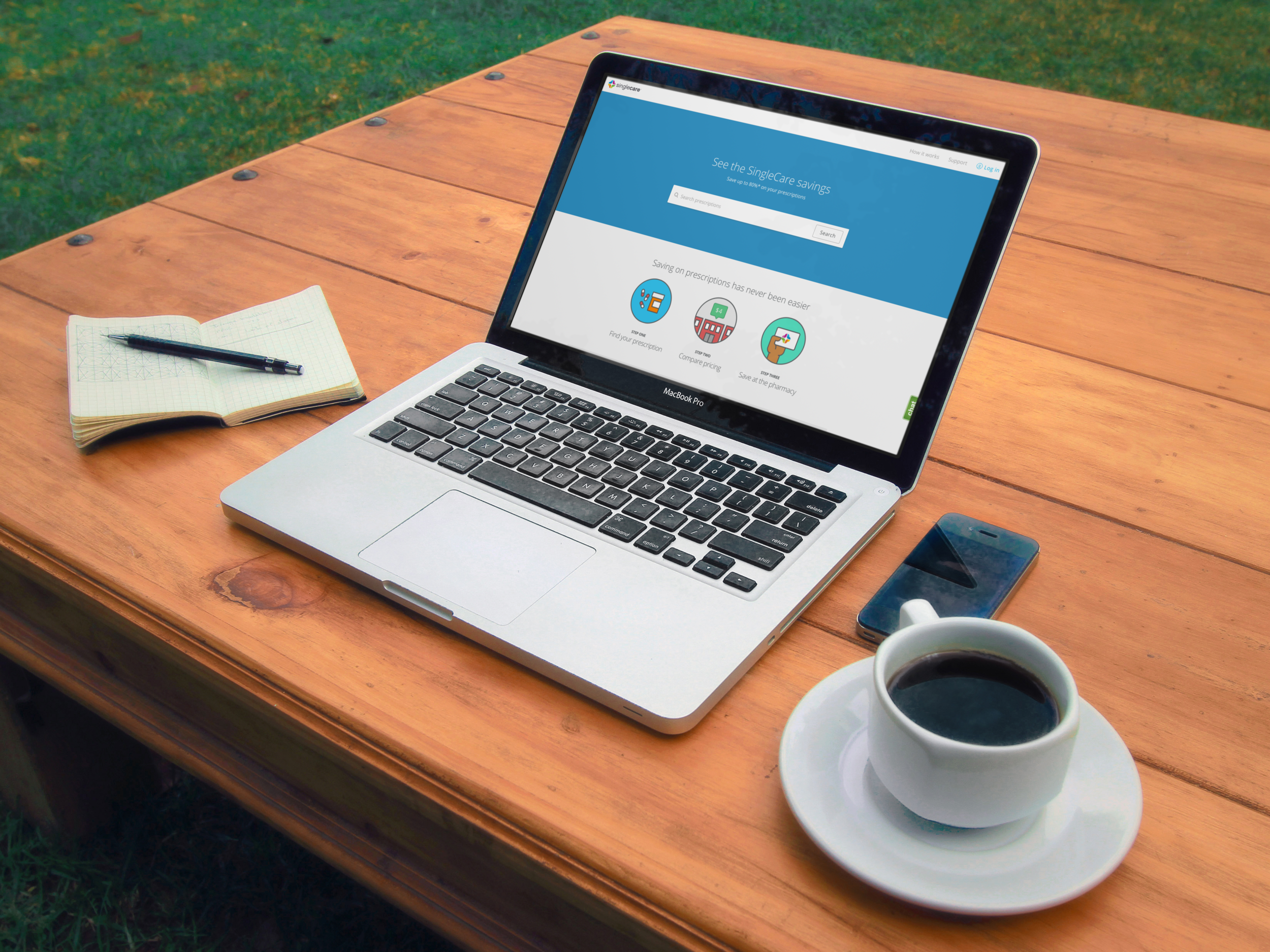#MomLife: TEEN DATING VIOLENCE ADVICE FOR PARENTS AND TEENS
According to a CDC national survey in 2017, about 8 percent of all teens experienced physical dating violence in the last twelve months, which includes hitting, pinching, shoving, kicking, or forcing them to engage in a sex act when he or she does not or cannot consent. Also, 29 percent of all teens were either verbally or psychologically abused during the last twelve months by their dating partner. This abusive behavior includes one or more of the following: shaming, bullying, name-calling, controlling, stalking, or isolating him or her from friends and/or family. This can include texting, social media or other online abuse.
Teens in abusive relationships are more likely to become involved in abusive relationships as adults. Many victims develop eating disorders, become addicted to drugs or alcohol, and suffer from trauma, PTSD or depression, some becoming suicidal.
Important Tips For Parents:
Talk with your teens. Have that uncomfortable conversation with your teens about the prevalence and dangers of dating violence. Talk with them about setting healthy boundaries with others, and choosing healthy and respectful relationship with others. Reassure them that you are not going to judge them if they make a mistake in a dating partner, and that you are there to protect, guide, and comfort them. Encourage them to talk with another trusted adult if they feel too embarrassed to talk with you directly.
Look for signs. Only one in three teens tell anyone about the abuse, so pay attention to your teens and keep the lines of communication open with them. Ask them open-ended questions, treat them with respect, and spend uninterrupted time with them during this difficult stage of their development. Enjoy mealtimes with them with television and cellphones turned off and really engage in conversation with them, avoiding unnecessary disagreements. Watch out for isolating or apathetic behavior, unexpected mood swings, unexplained bruises, smoking, drinking, drug use, poor grades, delinquency, anxiety, low self-esteem, depression, self-harming behaviors, or promiscuity.
Important Tips For Teens
Look for signs. It is not always possible to know at the beginning of a relationship that it will become abusive. Some abusers initially “love bomb” their victims and seem perfect when you start dating them. An abusive partner may rush the relationship to become exclusive and will try to exert more power and control over you. They may become extremely jealous and controlling, texting or emailing you constantly to find out where you are and what you are doing. They may insult or shame you, try to scare or intimidate you, pressure you to use drugs or alcohol, destroy your property, stalk or threaten you, tell lies about you on social media, or isolate you from friends or family. Some abusers will hit, pinch, shove, kick, or pressure or force you to have sex.
Take precautions. Update your privacy settings on social media so that only your friends, not the general public, can see your posts. If you have mutual friends with your abuser, just don’t post. Let your friends know not to tag you in a status or post, especially if that could give away your location. Pay attention to your surroundings when you are walking to and from your car instead of looking down at your cellphone. Keep a can of pepper spray handy if you are concerned about physical violence.
Document abuse. Keep a record of the date, time location, any witnesses, whether it was phone, email, text or other, and a brief description. Include the police officer’s name and time reported, if you reported it. This will give you a record if the abuse escalates and you need to pursue legal action later, such as obtaining an order of protection. Save all incriminating evidence and take screenshots of abusive or threatening texts or posts. Print emails with the email header, which contains the IP information. If you decide to report the harassment to the social media or website company to remove the content, make sure to document the abuse first before they take it down. Take a picture of the Caller ID on your phone that includes the date and time of the calls and ask your parents to keep your phone records. Do not let your abuser know that you are documenting the abuse, as that may be dangerous.
Tell someone. It is very difficult, if not impossible, to stop abuse on your own without help from a trusted adult. You also need counseling to deal with your feelings and any trauma you may have experienced. Talk with one of your parents, a relative, a teacher, or a counselor who you trust to help you safely stop the abuse. Call the National Dating Abuse Helpline, at 866-331-9474, or the National Sexual Assault Hotline if you have been forced to have sex, at 800-656-4673.
You May Also Like
Rosemary Lombardy is a financial advisor with over 35 years of experience and domestic abuse survivor. She is the founder of Breaking Bonds, a free resource for abused women, and author of Breaking Bonds: How to Divorce an Abuser and Heal-A Survival Guide.












